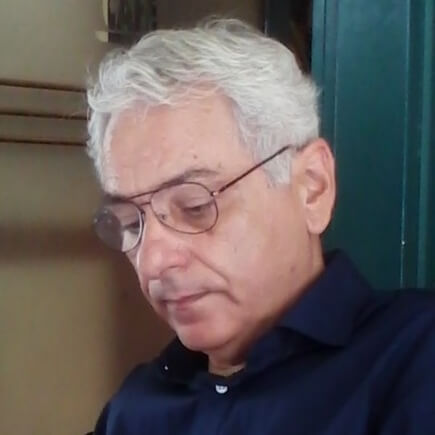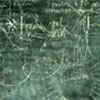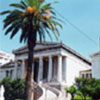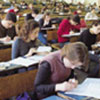





Publications
This is a reply to K. Drousioti’s paper "Is the sociolinguistic situation in Cyprus diglossic?", which I submitted to the editors of Critical Inquiry in Language Studies. True to the spirit of critical inquiry, the editors never responded, and my reply was, of course, never published. A touching demonstration of their commitment to open debate.
Updated: 27-04-2025 18:24 - Size: 35.74 KB
In: Studying Language Change in the 21st Century, ed. N. Lavidas & K. Nikoforidou. Leiden, The Netherlands: Brill. https://doi.org/10.1163/9789004510579_013
In this chapter, several corpus-linguistic studies that seek to detect possible effects of prescriptivism on language change are reviewed and compared: Langer (2001); Auer (2006, 2009); Poplack & Dion (2009); Poplack (2015); Poplack et al. (2015); Anderwald (2014, 2016); Hinrichs, Szmrecsanyi & Bohmann (2015); Havinga (2018), among others. The studies under review seek to “correlate” two types of corpora: a metalinguistic ‘precept’ corpus (consisting of traditional grammars, usage guides, etc.) and a historical ‘usage’ corpus. Changes in usage in the historical corpus are attributed to prescriptivism, provided a) they occur towards the direction prescriptive instructions dictate and b) all other possible causes of change have been excluded. The corpuslinguistic studies are brought under the lens of a performative theory of prescriptivism. The theory accounts for different types of prescriptive acts (‘correctives’ and ‘permissives’), possibly having different effects; it takes into consideration the pragmatic conditions under which prescriptive acts can be felicitous or infelicitous; and, most importantly, it offers a grid on which the existing corpus-linguistic studies can be compared and evaluated.
Athens Review of Books 135 (2022).

